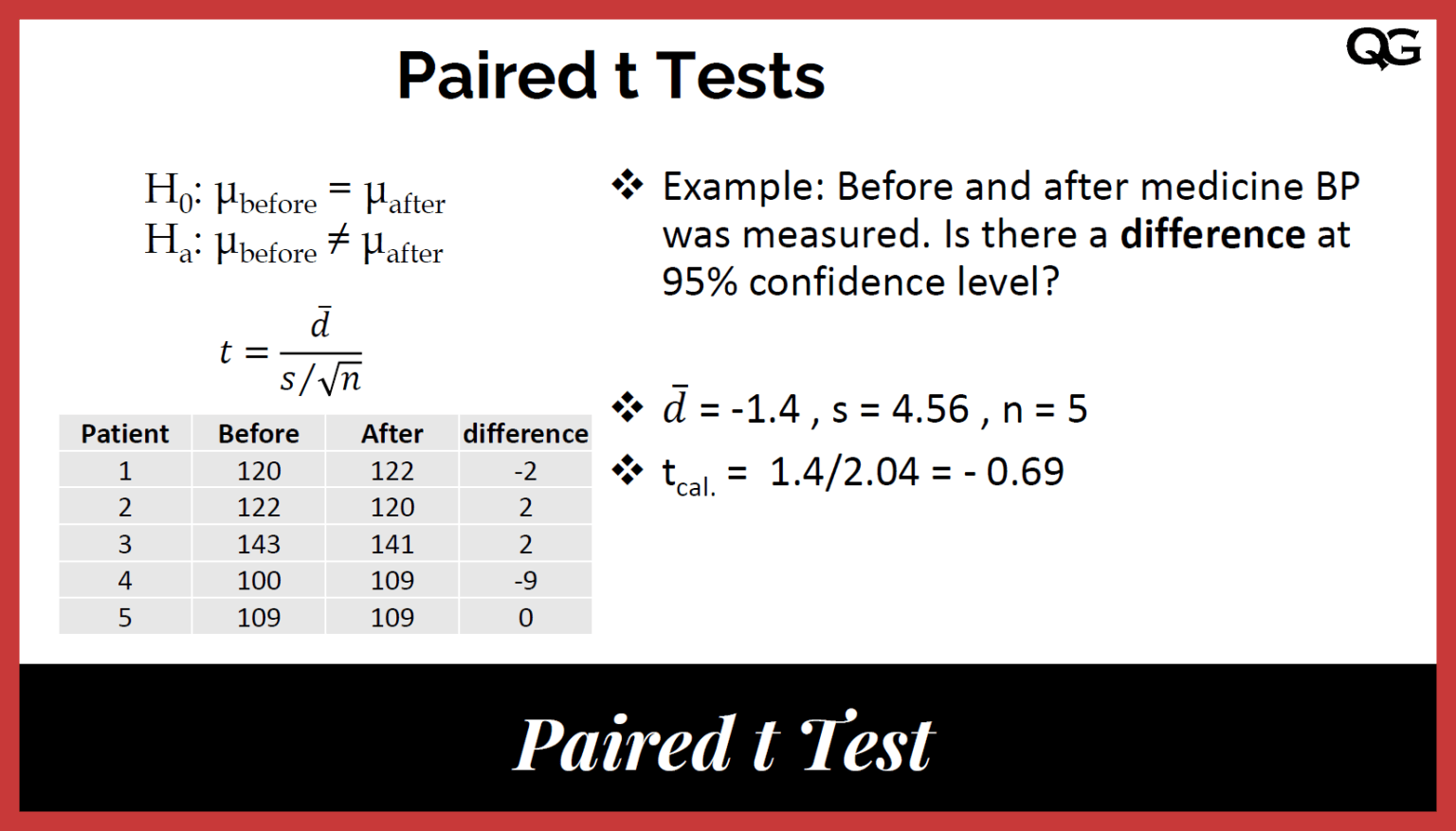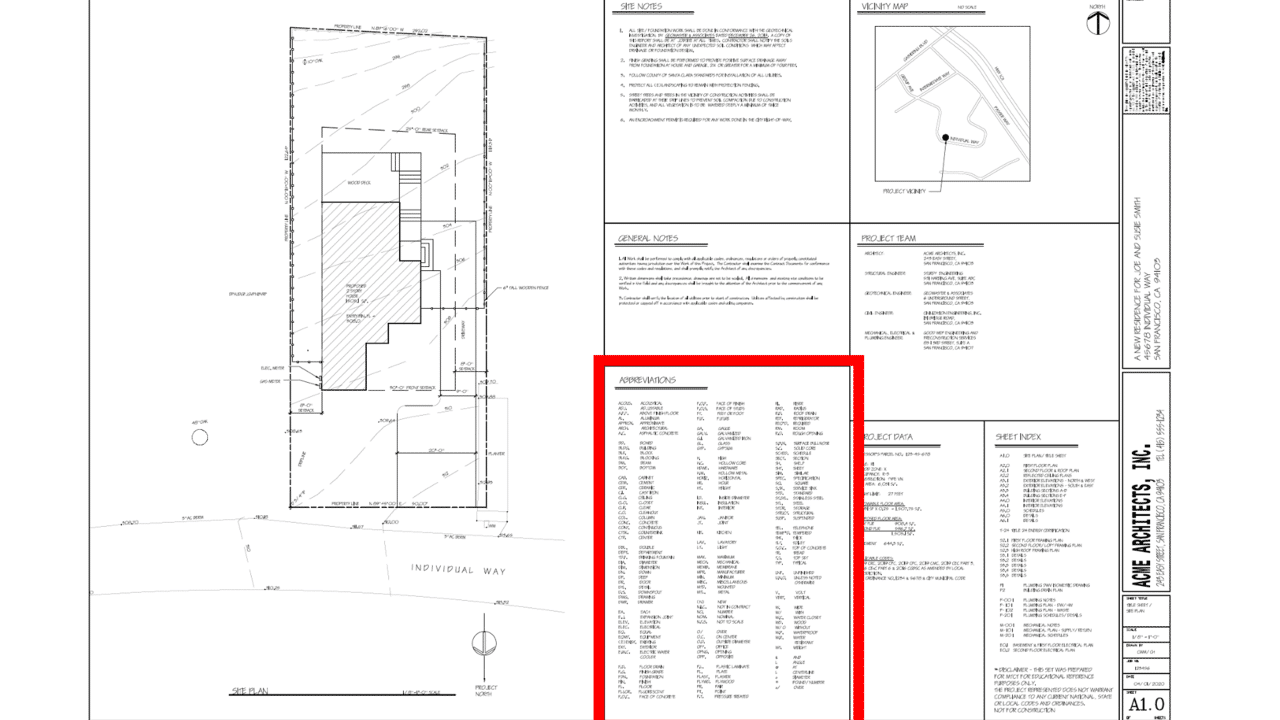Casual Info About What Does T Or D Mean

What Does The Color Heart Emojis Mean Meaning Of
Decoding "T or D"
1. The Popularity of Truth or Dare
Ever been at a gathering, and someone whips out the question, "Truth or Dare?" Suddenly, the room buzzes with a mix of excitement and mild terror. It's a classic icebreaker, a rite of passage for many, and sometimes, a recipe for hilarious (or slightly embarrassing) stories. But behind this simple question lies a whole world of social dynamics and personal revelations. It's not just about picking "T" or "D"; it's about navigating social expectations and boundaries, too.
Truth or Dare has been a staple of sleepovers and social gatherings for generations, morphing and evolving with each new group that plays it. Its amazing how such a simple concept answer honestly or complete a silly task can create so much anticipation. Think about it: the thrill of the unknown, the potential for vulnerability, and the pressure of the group all combine to make it an experience that's both nerve-wracking and fun.
The interesting thing is that the game reveals so much about the people playing. Some opt for the "Truth" more often, perhaps cautiously testing the waters of honesty and openness. Others choose "Dare," embracing the playful chaos and the chance to step outside their comfort zones. And then there are those strategic players who carefully weigh the pros and cons of each option, always looking for the safest (or most advantageous) route. We will look further to what does T or D mean later.
No matter your strategy, though, Truth or Dare taps into something fundamental about human interaction: the desire to connect, to share, and to push boundaries (a little bit, anyway). Its a game that's as much about self-discovery as it is about entertaining others. And let's be honest, who hasn't learned something surprising about a friend (or even themselves) during a particularly memorable round?

"T" is For... Telling All (Maybe!)
2. Exploring the "Truth" Option
Okay, so you picked "Truth." Now what? Prepare yourself; you're about to be grilled! The "Truth" option is all about answering a question honestly, though the level of honesty is, of course, up for debate. This is where things can get interesting, especially depending on the nature of the question and the personality of the asker. Are they looking for juicy gossip, or are they genuinely curious about something?
The beauty (and the terror) of "Truth" lies in its potential for vulnerability. You're essentially opening yourself up to scrutiny, revealing something about yourself that you might not otherwise share. It's a gamble, but it can also be a bonding experience, forging connections with others through shared experiences and understandings. It's not uncommon for friendships to deepen after a heartfelt or revealing "Truth" answer.
But let's be real, there's also the possibility of awkwardness. What if you're asked something you're not comfortable answering? The unwritten rules of Truth or Dare usually allow for some leeway, and a polite refusal is generally accepted (though it might come with a bit of playful teasing). The key is to know your boundaries and be prepared to politely but firmly defend them. Remember, you're in control of what you share, even when playing "Truth." You can decline the dare if you are uncomfortable with it.
Ultimately, choosing "Truth" is about trust. You're trusting the other players to respect your boundaries and to handle your answers with sensitivity. And you're trusting yourself to navigate the conversation in a way that feels authentic and comfortable. It's a delicate dance, but when done well, it can lead to some surprisingly meaningful moments. Also, you need to know what does T or D mean before you can go further.

Paired TTest (Dependent Samples) Quality Gurus
"D" is For... Daring to Do!
3. Embracing the "Dare" Option
Alright, daredevil, you've chosen "Dare"! Get ready to step outside your comfort zone because this is where things can get a little wild. The "Dare" option is all about completing a task or challenge, usually something silly, embarrassing, or mildly adventurous. It's a chance to let loose, be a little bit silly, and create some memorable moments (whether you like it or not!).
The appeal of "Dare" is its inherent silliness. It's a break from the seriousness of everyday life, a chance to embrace your inner child and do something completely ridiculous. Whether it's singing a song in public, doing an impression of someone, or performing a goofy dance, "Dare" encourages you to let go of your inhibitions and just have fun. But you need to understand what does T or D mean before playing it.
Of course, there are limits to what's acceptable in a "Dare." The goal is to be playful, not malicious or harmful. Dares that involve illegal activities, bullying, or putting someone in danger are definitely off-limits. A good "Dare" should be challenging but ultimately harmless, pushing you slightly outside your comfort zone without crossing any major boundaries.
And let's not forget the spectators! The real fun of "Dare" often comes from watching others squirm and giggle as they attempt to complete their assigned tasks. It's a shared experience, a moment of collective amusement that can bring people closer together. So, embrace the chaos, laugh at yourself (and others), and enjoy the ride. But what does T or D mean in different contexts?

What Does The Election Result Mean For Your Money? NFU Mutual
Beyond the Game
4. Applications Beyond Parties
While "T or D" is primarily known as a party game, the underlying concept — the choice between honesty and action — extends far beyond the realm of social gatherings. In many ways, life itself presents us with countless "T or D" scenarios. We constantly face choices that require us to either be truthful about our feelings and desires or to take action, even when it's uncomfortable.
Consider a situation at work where you disagree with a colleague's idea. Do you choose "Truth" and voice your concerns, risking potential conflict? Or do you choose "Dare" and support the idea, even if you don't fully believe in it, to maintain harmony and avoid rocking the boat? The answer isn't always clear-cut, and it often depends on the specific circumstances and your personal values.
In relationships, too, "T or D" dynamics are constantly at play. Do you choose "Truth" and express your vulnerabilities and insecurities to your partner, even if it makes you feel exposed? Or do you choose "Dare" and take a leap of faith, trying something new and exciting to spice things up? Navigating these choices requires a delicate balance of honesty, trust, and courage.
So, the next time you find yourself facing a difficult decision, think about "T or D." Ask yourself: What's the honest thing to do? What action can I take to move forward? And remember, the best choice is often the one that aligns with your values and brings you closer to your goals. Whether you fully understand what does T or D mean, applying the idea to your life can make things better.
What Does T or D Really Mean?
5. Delving Deeper Than Just a Game
At its core, "T or D" represents a fundamental tension between two opposing forces: vulnerability and courage. "Truth" requires us to be vulnerable, to expose our inner selves to others, and to risk judgment or rejection. "Dare" requires us to be courageous, to step outside our comfort zones, and to embrace the unknown. As we've explored, it goes beyond just knowing what does T or D mean.
The beauty of the game lies in its ability to help us explore this tension in a safe and playful environment. It allows us to experiment with different aspects of our personality, to push our boundaries, and to learn more about ourselves and others. Whether we choose "Truth" or "Dare," we're engaging in a process of self-discovery and social interaction.
Furthermore, "T or D" highlights the importance of balance. Too much "Truth" can lead to oversharing and a lack of privacy. Too much "Dare" can lead to recklessness and a disregard for consequences. The key is to find a healthy equilibrium, to know when to be honest and when to take action, and to navigate these choices with wisdom and discernment.
So, what does T or D really mean? It's more than just a game; it's a metaphor for life itself. It's a reminder that we're constantly faced with choices that require us to be both vulnerable and courageous, and that the best path forward is often the one that strikes a balance between these two essential qualities. And who knows, maybe understanding this simple game can help us navigate the complexities of life with a little more grace and humor.

FAQ About "T or D"
6. Your Burning Questions Answered
Q: Is Truth or Dare only for teenagers?A: Not at all! While it's often associated with teenage parties, Truth or Dare can be enjoyed by people of all ages. The questions and dares can be adapted to suit different age groups and levels of maturity. Even adults can have fun with a well-tailored game.
Q: What if I don't want to answer a "Truth" question or do a "Dare"?A: It's perfectly okay to politely decline. The game should be about fun and connection, not about forcing anyone to do something they're uncomfortable with. A simple, "I'd rather not answer that," or, "I'm not comfortable with that dare," should be respected.
Q: Can I modify the rules of Truth or Dare?A: Absolutely! Feel free to customize the rules to fit your group's preferences and boundaries. You can establish guidelines beforehand, such as setting limits on the types of questions or dares allowed. It's all about creating a safe and enjoyable experience for everyone involved.
